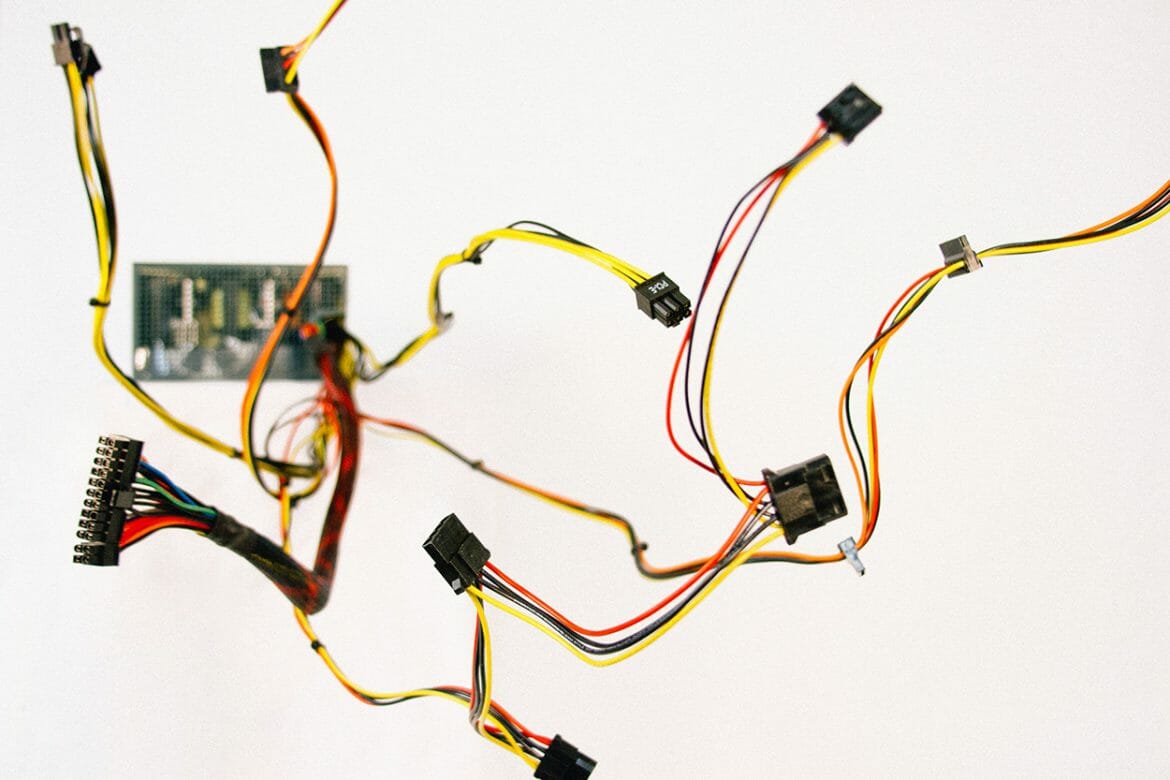MTSU’S Mechatronics Engineering program, one of the fastest-growing majors in the state, has quickly become a darling of Tennessee industry
Mobile robots that can move traffic safety barrels for road repairs, freeing workers from a dangerous task. Surgical robots that let doctors perform operations through small incisions or get enhanced views of an abdominal cavity. Specialized robots for planetary exploration.
All are examples of mechatronics systems, a design process that combines mechanical, electrical, and robotic work with computer programming and control systems.
In the summer of 2013, MTSU launched a Mechatronics Engineering degree program. That fall, the first donation—$15,000 from the Southeast chapter of the International Beverage Packaging Association to endow student scholarships—was received.
Why the support? Chapter member Jimmy Davis, an MTSU alumnus, past president of the Engineering Technology Advisory Board, and owner of the Murfreesboro-based Davis Groupe, which supplies machinery, tools, and parts to Toyota, General Motors, and Nissan, among others, described the new program as a “game-changer.”
“The Engineering Technology Department is taking it to the next level,” Davis said.
Bud Fischer, dean of the College of Basic and Applied Sciences at MTSU, the college that houses the program, agreed.
“It’s created a program that’s designed by industry that creates an engineer who has the ability to do multiple types of engineering,” he said.
MTSU’s Mechatronics program, based on a three-level international certification program, was created in partnership with German engineering company Siemens. To date, MTSU is the only Siemens-certified Level 3 four-year mechatronics program in the world. The company has international certification exams for Level 1 and Level 2 qualifications. In nonprofessional terms, Level 1 is like an operator’s license for complex automation equipment, and Level 2 is for troubleshooting and repair. With the advent of MTSU’s Bachelor of Science program, Siemens consulted with MTSU and created a Level 3 certification for engineering design of complex automated systems. As the model and the requirements develop, the resulting methods and literature will be distributed worldwide for others to consider Level 3 certification.
Evidence of the program’s impact on jobs development includes a visit to campus by representatives from Siemens and other interested parties in Spring 2017. Dana Soukoup, vice president of Siemens Building Technologies Division in Chicago, was joined on the tour of MTSU’s Mechatronics facilities by fellow Siemens officials Judith Bevels of Murfreesboro and Sara Mould of Nashville; Davis of Murfreesboro-based The Davis Groupe; and Keith Hamilton, who retired in 2016 from Bridgestone Americas Inc. but continues to promote mechatronics engineering at all levels.
Siemens also is considering building on the current partnership with MTSU.
MANUFACTURING’S NEW LANDSCAPE

Research Faculty Student Portraits with Dr. Walter Boles, Chair of Engineering Technology and James Farzidayeri, Computational Science GTA
There’s a high demand for skilled workers to maintain and repair mechatronic systems. People trained and certified in mechatronics engineering can expect high-growth opportunities and wages.
As far back as 2011, MTSU Engineering Technology Chair Walter Boles and University President Sidney A. McPhee had attended meetings where representatives from Nissan and Bridgestone were emphasizing that, worldwide, there’s a shortage of people with these qualifications.
State senator and Rutherford County mayoral candidate Bill Ketron (’76), a small-business owner and a member of the Engineering Technology Advisory Board, predicted that the economic impact of the new Mechatronics program at MTSU would be significant.
“Once we start training these young people and the industries and manufacturing concerns realize there’s a good, trained, and educated workforce for their needs, they’ll start locating here,” he said.
In just a few years, the program has grown to 235 students, making it one of the fastest-growing higher education academic programs in the state. The first Mechatronics B.S. degrees at MTSU were handed out in May 2016.
The program also celebrated the awarding of a $614,172 National Science Foundation grant to recruit qualified female and minority applicants. Fifteen or more incoming freshman students during at least a three-year period are receiving scholarship awards for up to $10,000.
Bridgestone’s Hamilton called the grant announcement “a great day, one of many for MTSU. This has opened a lot of eyes across Tennessee.”
“This is a remarkable achievement,” McPhee said about the NSF grant. “Any time the University is in a position to receive such a competitive award, it is something to be proud of.”
McPhee added that MTSU is fortunate to have “opportunities to collaborate with Siemens, Bridgestone, the chamber of commerce, and other companies that are a part of this incredible innovation of a new degree program. . . . This is what MTSU is about—being responsive to the need of our community and making sure we continue to be part of the solution . . . so they’ll have the workforce that’ll attract industry for the 21st century.”
PEOPLE TRAINED AND CERTIFIED IN MECHATRONICS ENGINEERING
CAN EXPECT HIGH-GROWTH OPPORTUNITIES AND WAGES.
ANSWERING THE CALL
As but one small example of the type of work occurring in the Mechatronics Engineering program at MTSU, students collaborated with MTSU’s child development center to develop affordable and lightweight motorized wheelchairs for disabled children. The wheelchair design is adjustable in dimensions so that as the child grows, the wheelchair changes dimensions accordingly. It is also collapsible and fits in the trunk of a sedan.
Developing more intelligent mechanisms that can spark economic development across Tennessee, improve quality of life, and solve some of the world’s most intractable problems is a worthy but never-ending pursuit. With industry partnerships and cooperation, MTSU’s Engineering Technology Department can now apply its considerable resources to that important effort. MTSU
By Drew Ruble and Randy Weiler
Illustration Micah Loyed
Read MTSU RESEARCH here: MTSU RESEARCH- Research for Tennessee Vol. 1 No. 1 Spring 2018


COMMENTS ARE OFF THIS POST